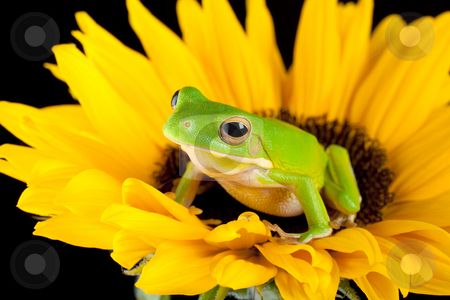This weekend, my little brother Quigley is participating in his school's annual Science Fair. Of course, the entire family will attend to cheer him on and to see what he and his classmates have been learning about in their science class. Quigley asked me if I'd help him come up with an unusual project, one that wouldn't be like anything else the school had seen before. And while I wasn't confident that was a possibility, over the years his school has seen just about everything, I did agree to help him do research and find something that was, at least, out-of-the-box. In doing the research, I came across a bunch of scientific facts that I found utterly fascinating, if not downright weird.
Here are a few of the best ones.
1. When you crack a whip, it makes a sharp sound because the tip of the whip is traveling faster than the speed of sound. It is a sort of mini sonic boom!
2. Shark teeth are as hard as steel.
3. The only letter not used in the periodic table is J.
4. Sunflowers are sometimes used to clean up nuclear waste and radioactive soil. Sunflowers can pick up radioactive isotopes, so as they grow, they suck the radiation up out of the soil. The flowers and stems are then radioactive. There's no word yet if they glow at night!
5. Sound travels about four times faster in water than in air.
6. The billionth digit of pi is 9.
7. The peanut is a member of the bean or legume family and not a nut.
8. The prefix 'nimbus' in a cloud name means the cloud produces precipitation.
9. Velociraptors were the size of turkeys, not the 6 to 7-foot beasts we've come to love from the Jurassic Park movies. those "raptors" are based on a dinosaur called Utahraptors.
10. The only two planets in our solar system that do not have moons are Mercury and Venus.
11. Hot and cold water sounds different when being poured. It's actually noticeable to the human ear if they pay attention. Water changes viscosity (aka thickness or stickiness) depending on temperature. Long story short, the colder the water the higher the pitch, whereas pouring something hot like tea or coffee, is going to have a lower more comforting pitch.
12. There are plants and animals considered to be "biologically immortal." While they can and do die, this is due to injury or disease. They don't really age, meaning that they don't break down and thus die from old age. Jellyfish and lobsters are two examples of these. PS. Lobsters also have blue blood. No, I don't mean that they're royal, or anything. Their blood is actually blue.
Have you guessed which one of these facts will be the basis of little Quigley's science fair project? If not, I guess you'll just have to attend and find out!
I hope you have a happy and safe weekend. And please plan on visiting me here again on Monday and every day next week. When you don't show up, you are deeply missed.
PEACE.
Helmenstine, Anne Marie, Ph.D. "Fun Science Facts." ThoughtCo, Sep. 18, 2019, thoughtco.com/fun-science-facts-604232.
https://list25.com/25-weird-science-facts-you-may-not-know/4/

 RSS Feed
RSS Feed